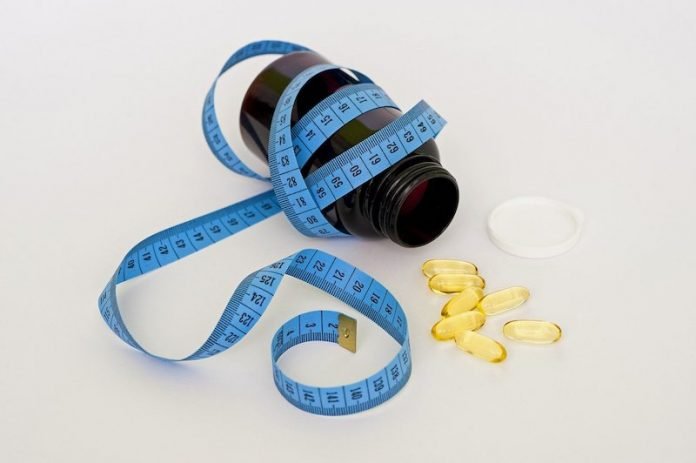
In a new study, researchers found that a compound given as a dietary supplement to overweight but otherwise healthy people in a clinical trial caused many of the patients to slim down.
They analyzed the effects of 24 weeks of daily, 600-milligram doses of lipoic acid supplements on 31 people, with a similarly sized control group receiving a placebo.
The data clearly showed a loss in body weight and body fat in people taking lipoic acid supplements. Particularly in women and in the heaviest participants.
The research was conducted by a team at Oregon State University and Oregon Health & Science University.
Produced by both plants and animals, lipoic acid sets up shop in cells’ mitochondria, where it’s normally attached to proteins involved in energy and amino acid metabolism.
A specialized, medium-chain fatty acid, it’s unique in having two sulfur atoms at one end of the chain, allowing for the transfer of electrons from other sources.
The body generally produces enough lipoic acid to supply the enzymes whose proper function requires it.
When taken as a dietary supplement, lipoic acid displays additional properties that might be unrelated to the function in the mitochondria.
They include the stimulation of glucose metabolism, antioxidant defenses and anti-inflammatory responses — making it a possible complementary treatment for people with diabetes, heart disease and age-related cognitive decline.
Scientists have been researching the potential health benefits of lipoic acid supplements for decades, including how it might enhance healthy aging and mitigate heart disease.
The researchers found people who lost weight on lipoic acid also reduced their blood triglyceride levels — that effect was clear.
Other effects of the lipoic acid supplements were measurable as well.
By the end of the study, some markers of inflammation declined. The findings also suggest that lipoic acid supplementation provides a mild reduction in oxidative stress.
It is not a perfect panacea, but the results show that lipoic acid supplements can be beneficial.
The team says identifying which patients will benefit the most from lipoic acid supplementation, and how much they need, is important for both clinical and economic reasons.
One author of the study is Balz Frei, director emeritus of OSU’s Linus Pauling Institute.
The study is published in the Journal of Nutrition.
Copyright © 2021 Knowridge Science Report. All rights reserved.



